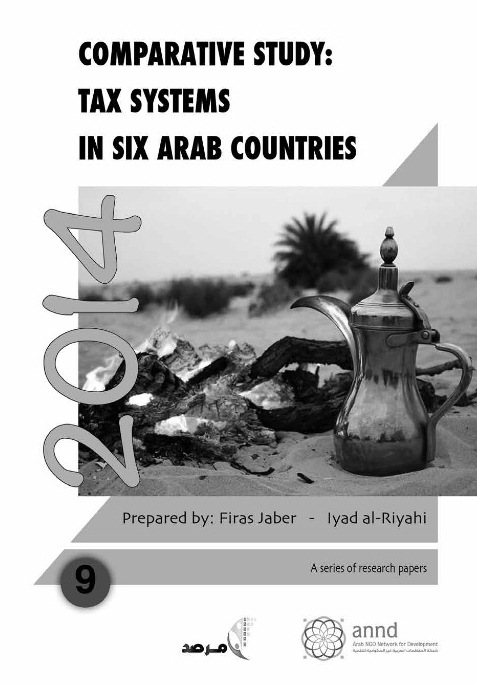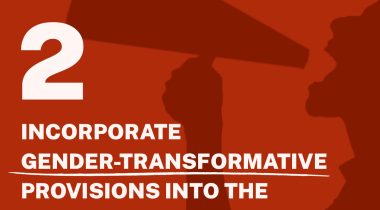
John Christensen ■ A comparative study of tax systems in six Arab countries

 This new study by the Arab NGO Network for Development (ANND), in collaboration with Christian Aid and Social and Economics Policy Monitor Palestine, explores how the tax systems of Arab countries have contributed to the lack of opportunity, growing inequalities, marginalisation and exclusion suffered by the majority of people living in the Arab region.
This new study by the Arab NGO Network for Development (ANND), in collaboration with Christian Aid and Social and Economics Policy Monitor Palestine, explores how the tax systems of Arab countries have contributed to the lack of opportunity, growing inequalities, marginalisation and exclusion suffered by the majority of people living in the Arab region.
As the study explains, tax policies play a key part in shaping social and economic development:
“Tax policies are considered one of the most important issues in the redistribution and mobilization of local resources and could correct some of the economic imbalances arising from the presence of special privileges for a particular social segment inside Arab societies.”
The study examines the tax regimes of six countries – Egypt, Jordan, Lebanon, Morocco, Palestine and Tunisia – and identifies common features including aid related conditionality and the scale of external debt, which has reached such large proportions that it is inhibiting the possibilities for future development. As the report states:
“First, the large and significant volume of external support provided to these states in order for them to fulfill their various obligations and spending within the general budget. This support functions primarily as a condition of social, economic, and political policies imposed on Arab countries, which we would argue are at the expense of these http://artsandhealth.ie/ventolin/ countries’ poor citizens.
Second, the large size of external debt and its accumulating interests are restraining the possibility of launching a self-reliant development plan in the Arab region, due to the interests taking up a significant portion of the budget. This poses a danger to the concept of sustainable development for future generations as well, who will ultimately be the ones paying the price. In addition, loans and debts are imposing further socio-economic constraints in countries such as Jordan, Egypt, Palestine, Lebanon, Tunisia, and Morocco, especially due to the huge reduction in social spending, and the lifting of subsidies on basic goods and fuel. This leads to an increased burden on the poor through imposing high tax rates, which in turn leads to the creation of more poverty.
In other words, external grants and loans are intended to help revive state economies and allow them to spend in order to reinvigorate the economy and create economic growth. However, our work shows that they ultimately lead to exactly the opposite.”
This is an important study, which signals a need to completely rethink the aid / development paradigm in Arab countries and beyond. Read the report here, and read New Internationalist’s challenging views on NGOs and development here.
Related articles

Pope Francis, 1936-2025

Vulnerabilities to illicit financial flows: complementing national risk assessments

A tax justice lens on Palestine

New article explores why the fight for beneficial ownership transparency isn’t over
UN Submission: A Roadmap for Eradicating Poverty Beyond Growth
A human rights economy: what it is and why we need it

Strengthening Africa’s tax governance: reflections on the Lusaka country by country reporting workshop

Do it like a tax haven: deny 24,000 children an education to send 2 to school

Urgent call to action: UN Member States must step up with financial contributions to advance the UN Framework Convention on International Tax Cooperation


